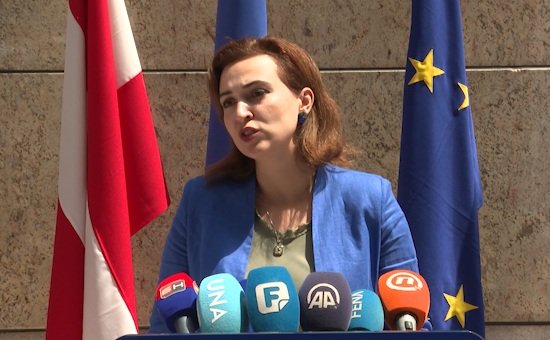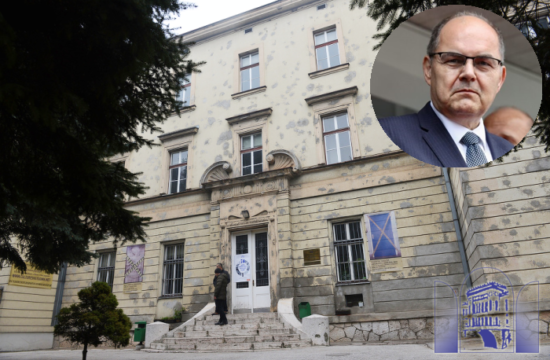
Austrian newspaper Der Standard reports that Christian Schmidt, the High Representative for Bosnia and Herzegovina, is under fire again for allegedly supporting ethnic territorial division in the country with his past decisions. Schmidt now seeks to intervene before the European Court of Human Rights (ECHR) in the Kovacevic case, which could reduce discrimination in Bosnia, a move seen as benefiting Croatia.
Schmidt’s intention to intervene in the case, scheduled for November 20, concerns the decision that Slaven Kovacevic, like others before him, was right to challenge Bosnia's constitution for being discriminatory. In Bosnia, only members of the three major ethnic groups—Bosniaks, Serbs, and Croats—have full political rights, excluding “Others.”
Schmidt’s involvement is criticized as aligning with Croatian interests. The Kovacevic ruling would push for a more citizen-based constitution, reducing the dominance of ethnic groups. This conflicts with the Croatian Democratic Union (HDZ), which holds significant power under the current constitution.
Der Standard also notes Schmidt’s controversial retroactive amendments to Bosnia's election law in 2022, seen as favoring HDZ and Croatia. Kovacevic and some EU states oppose Schmidt's involvement in the case, arguing that he is not neutral. Schmidt reportedly hired a British law firm to assist with the case, raising questions about who is funding the legal effort.
Schmidt's office claims he will contribute as an interpreter of the Dayton Peace Agreement, with a final ruling expected in 2025. Legal experts argue that the decision could force political reforms, essential for Bosnia's EU integration, but emphasize the unresolved conflict between individual and group rights.
The article also mentions concerns from Bosnian intellectuals and EU parliamentarians about Schmidt overstepping his mandate, with Dutch MEP Tineke Strik stating that his role is to uphold ECHR rulings, not undermine them.





Kakvo je tvoje mišljenje o ovome?
Budi prvi koji će ostaviti komentar!